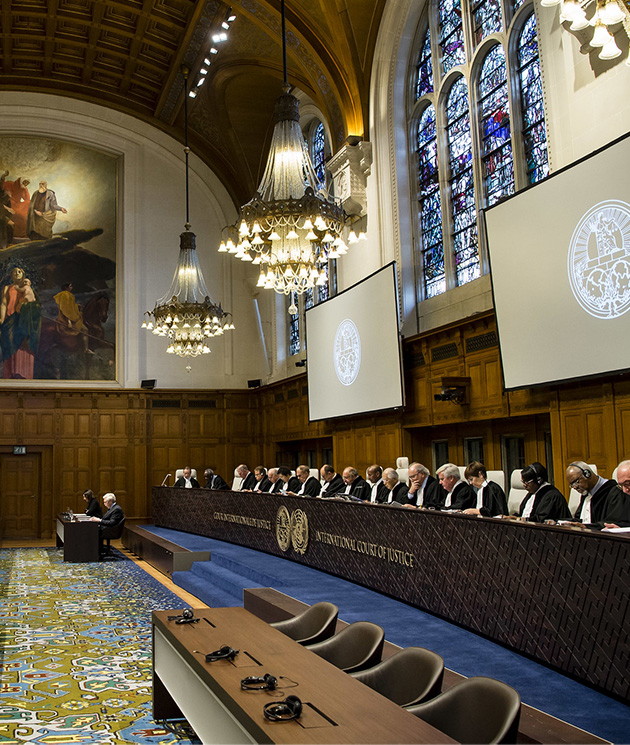"The Journal of Public and International Affairs (JPIA) is a joint publication of Princeton University's School of Public and International Affairs and the Association of Professional Schools of International Affairs (APSIA) of which the Institute is a member. It was established in 1990 and over time has become one of the most prominent journals in international affairs and public policy that is run by students and publishes the work of students. What is interesting about it is that it is an excellent academic publication as much as it is a unique practical learning experience for all the students involved, writers and editors alike, for whom it might be their first time taking part in a publication process. The journal's editors-in-chief are all Princeton students, but much of the rest of the editorial team comes from other APSIA schools from around the world.
For several years now, the Institute has supported the journal — and our students — by ensuring that every year one Institute-based student serves as contributing editor, which involves promoting the journal, responding to queries from students who are considering submitting, and taking an active part in its editorial process — including by traveling to Princeton University once a year to take part in the (very intense) editorial meeting where articles are selected.
After two years in the role, I can attest to the extremely high quality of the submissions the journal receives, and the extremely demanding selection process they go through, and yet, every year, I have been delighted to see that one or several of the pieces who made the cut were authored by Graduate Institute students — which I find out only after they are selected, due to the blind review process. Over the past years, outside of Princeton, I believe the Graduate Institute is one of the APSIA schools most represented among the Journal's authors, which speaks to the excellence and ambition of our students. In retrospect, I think their pieces often stand out because of their mastery of the subject matters they write about, but also because of the uniquely international perspective they gain in Geneva. I hope this will continue, and I encourage all our students and recent alumni to consider submitting next year!"

Cyprien Fluzin, PhD Researcher in International Law and Contributing Editor to Princeton University’s Journal of Public and International Affairs.




